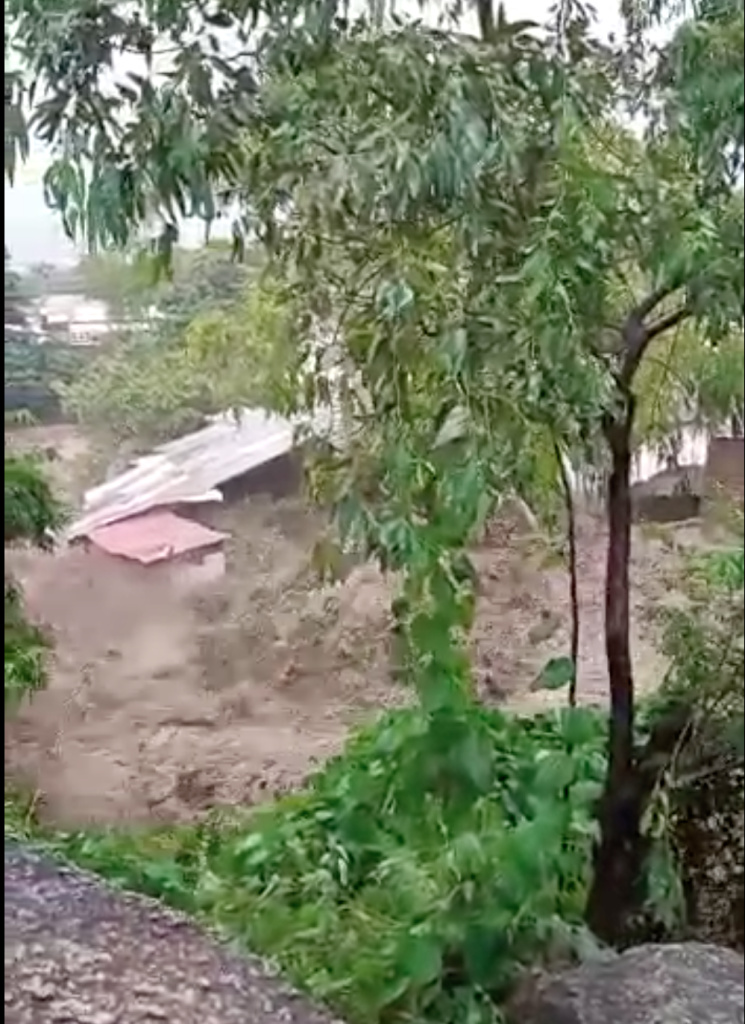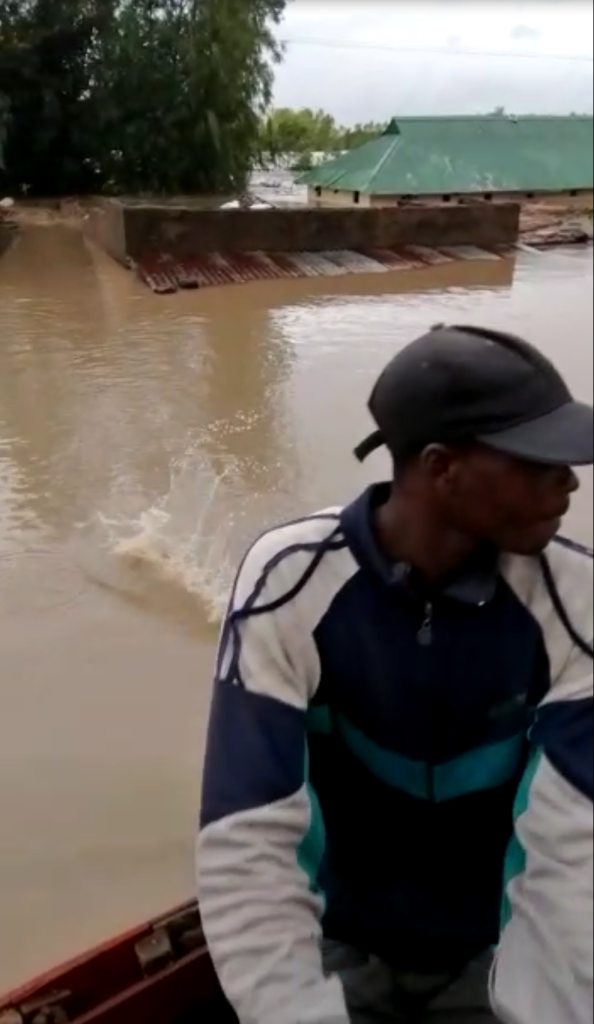500,000 people displayed in Malawi
Malawi like many other Southern African countries has in recent times suffered intense effects of climate induced disasters leaving many households hopeless with high uncertainty of recovery from the shocks. This is mainly because of the increased intensity and frequency of the disasters on communities that have eventually become persistently more vulnerable.
Between January and February 2023, the southern region of Malawi and other parts of the northern region have experienced floods following heavy rains and the situation has been made worse by Cyclone Freddy which hit Malawi on 12th March 2023. Rain fell every day, and night, and the rain that usually falls in six months fell in three days in March 2023. The land area effected was much bigger and more intense than previous years especially in the Southern region in Blantyre, Mulanje, Phalombe and Machinga districts has been the worst hit.
In the interview Fr Vincent, director of Missio Malawi says that
“Usually, we have flooding but this is a unique disaster much bigger and in an area that we usually don’t have flooding”.
Regarding climate change we are all responsable for Europe, America, China and other capitalist countries but the effects are on the poor people who use the least of material things and consume the least, because the ecosystems are interconnected, the ones mostly effected by climate change are the poor since they are the ones directly dependant on the land for water and food.

The Effects of Cyclone Freddy
As of 20th March, 2023, about 114,637 households (508,244 people) have been displaced, while 499 people have died, 427 are missing, 1,332 have sustained various injuries and 534 camps established

Fr Vincent tells us that the floods destroyed crops, fields, school, infrastructure, hospitals and an eruption of water from the floor through the soil and mountains together with fast running mud slides buried people, breaking the houses and leaving people destitute. Having no hospitals means that whoever lost their house and got injured they couldn’t be healed in a clinic or hospital.
Also, since in Malawi only 5 to 10% of people have decent jobs and have the money to buy vegetables and other commodities and because most of these people live in cities, the people in the village have no one to sell the produce to. Therefore, the vegetables they grow they use it for themselves and sell very small amounts to the others who buy very little. This leaves people in the villages with little money which made them unable to build good houses to withstand the storm. Their houses are made of mud which where all washed away with the typhoon and this together with the loss of agricultural land and crops created a situation of national emergency. (Meteorological weather report 19 March 2023).

Some villages like in Chiradzulu and Blantyre have completely been wiped by mudslides and flooding water accompanied with stones from the nearby hills. Some communities are still trapped due to damaged roads and the floods. All this has brought stress and trauma to the communities. Furthermore, public infrastructure such as main roads have been damaged in most of the affected districts disrupting basic services which has led to many other socio-economic problems like high cost of goods and services and also the inaccessibility to health centres in other cities. The disruption also disconnected service lines such as electricity and internet connection which has also hugely affected the communication and connectivity of most Malawians.
Fr Vincent in his interview says that the people are now destitute since they have no money, no homes, no food in the gardens, no hospitals, lost their loved ones so now they are helpless. There is emotional distress amongst the people, and people feel helpless and also are losing faith and hope. After passing through Covid, they had outbreak of Cholera which is caused lack of clean water and lack of boreholes so whatever water the people drink they can catch cholera. Moreover, the lack of sufficient toilet facilities in camps also may lead to the outbreak of Cholera.
People are asking big faith and existential questions since they are dealing with death on so many levels, the death of their loved ones, their crops and livelyhoods and how do they survive for their future and feel they have no one to turn to. However, the Church, government and international humanitarian agencies such as the UN, are supporting the communities. People are seeking help from the wider national, global and international community and the bishops and priests from other places are coming to help them. Fr Vincent explained that if people have decent house and see concrete actions it will boost their faith and say oh God loves us and that God is real and helping us in concrete ways in that even if they don’t know us Maltese people and other sponsors helping them, at least they know someone is supporting them.





